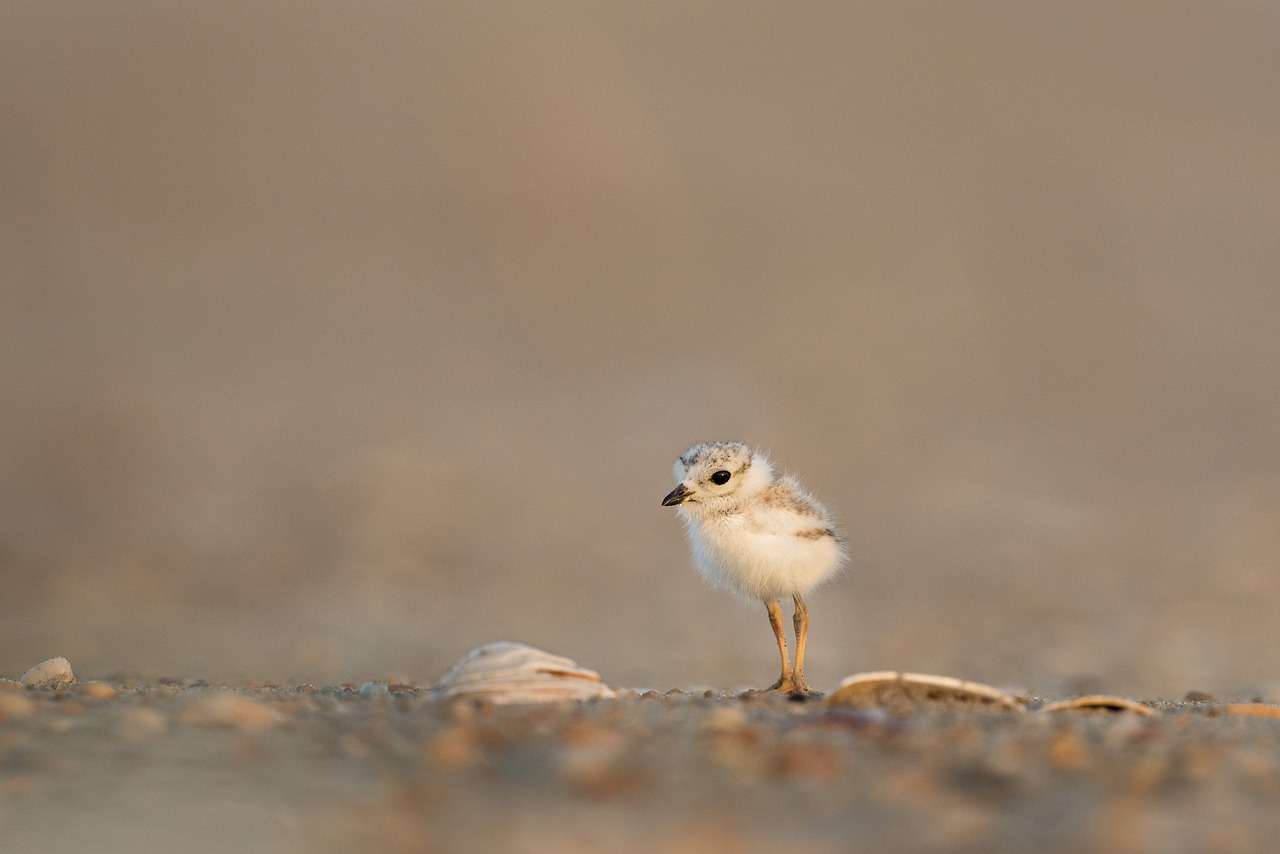When people see chicks that seem to fall from their nests, the initial thought is to pick them up and help, but it's not always a good idea.
In general, it's best to avoid picking up chicks that have fallen from their nest unless there is an immediate threat to their safety.
Here's why.
Parental Care
Many bird species have strong parental instincts and will continue to care for their chicks even if they have fallen from the nest.
If you find a chick on the ground, observe from a distance to see if the parent birds are still around and actively caring for it.

Fledging Process
Some bird species, especially those that nest in trees or shrubs, have chicks that leave the nest before they can fly.
This is a normal part of the fledging process.
These chicks, called fledglings, may spend several days on the ground as they learn to fly and forage.
Stress and Injury
Handling young birds can cause stress and increase their risk of injury.
Chicks have delicate bones and can be easily injured if mishandled.
The stress of being handled by a human can also affect their survival chances.
Human Scent
Birds have a keen sense of smell, and human scent on a chick can alert predators to its presence.
It's important not to disturb the chicks more than necessary.
Natural Selection
In the wild, not all chicks survive to adulthood.
This is a natural part of the ecosystem and helps maintain a healthy balance between bird populations and their environment.
When to Intervene
If you find a chick that appears injured, weak, or in immediate danger (such as from a predator, a busy road, or severe weather), you can contact a local wildlife rehabilitator for guidance.









